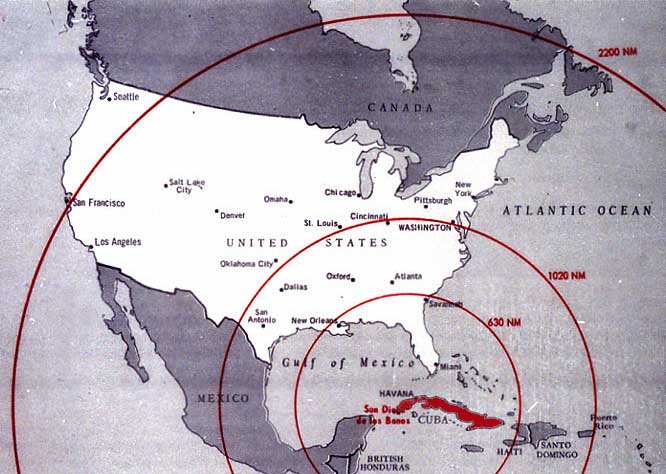What about global warming?
Currently, there is significant momentum behind the movement to halt global warming, a modicum of concern about nuclear terrorism, and almost no public interest in the threat posed by nuclear war. It might therefore seem that we should direct our energy to global warming. But we cannot afford to neglect any issue with potentially catastrophic consequences, and especially ones that threaten human survival. While addressing that many problems simultaneously may seem daunting, there is a fundamental underlying problem behind all three of those imperatives, as well as others just coming into view. For example, in the not too distant future it may be possible to create deadly pathogens that resist the body's immune system. Our experience with computer viruses shows that it only takes a small number of misdirected souls to create havoc with powerful, new technologies.
Science and engineering have given us powers that were traditionally reserved for gods, such as causing floods, creating new life forms, and destroying the world. In contrast to our awesome physical power, humanity's social progress is at best in the adolescent phase. This chasm between our technological powers on the one hand and our social development on the other has created a recipe for disaster that demands urgent attention if the human race is to survive. Humanity is like a 16-year-old with a new driver's license who somehow got his hands on a 500 hp Ferrari. He will either mature rapidly or kill himself.
For 99.9% of our tenure on this planet, we could wait for direct evidence of our errors before correcting our actions. Sometimes the results were horrendous, as in the two World Wars and the environmental degradation due to hydraulic mining (now outlawed). As bad as those results were, our trial and error approach did not threaten our existence as a species. But during the last 0.1% of our existence our physical power has become so great that we can no longer wait for direct evidence that we are on the wrong path before changing our ways. Given that 99.9% of humanity's data says trial and error works, it is understandable – but horribly dangerous – that we have not yet recognized the obsolescence of that approach.
Because it would complicate the basic message concerning the nuclear threat, I do not currently emphasize its interconnection to other global challenges. But once society has recognized the highly unacceptable risk of our current approach to nuclear weapons, it would be natural to raise the question "How did we get into such a mess, and where else might we be neglecting catastrophic threats?" That would lead us to consider the long term consequences of our actions, and not wait for disaster to strike before taking corrective action. If we are able to do that, efforts to avert global warming, severe environmental degradation, nuclear terrorism, nuclear war, bioterrorism, and other catastrophes would be seen as part of the same underlying effort. They would then reinforce one another, rather than compete for resources.
I believe that the problem with trial and error can be seen most clearly with the nuclear threat, so I put most of my effort into working on this topic, and later hope to connect it to the others. But, I have deep respect for, and often join, people who focus on other critical issues facing humanity.
This is the last section of the Nuclear Reader. Thanks for taking the time to become informed!



